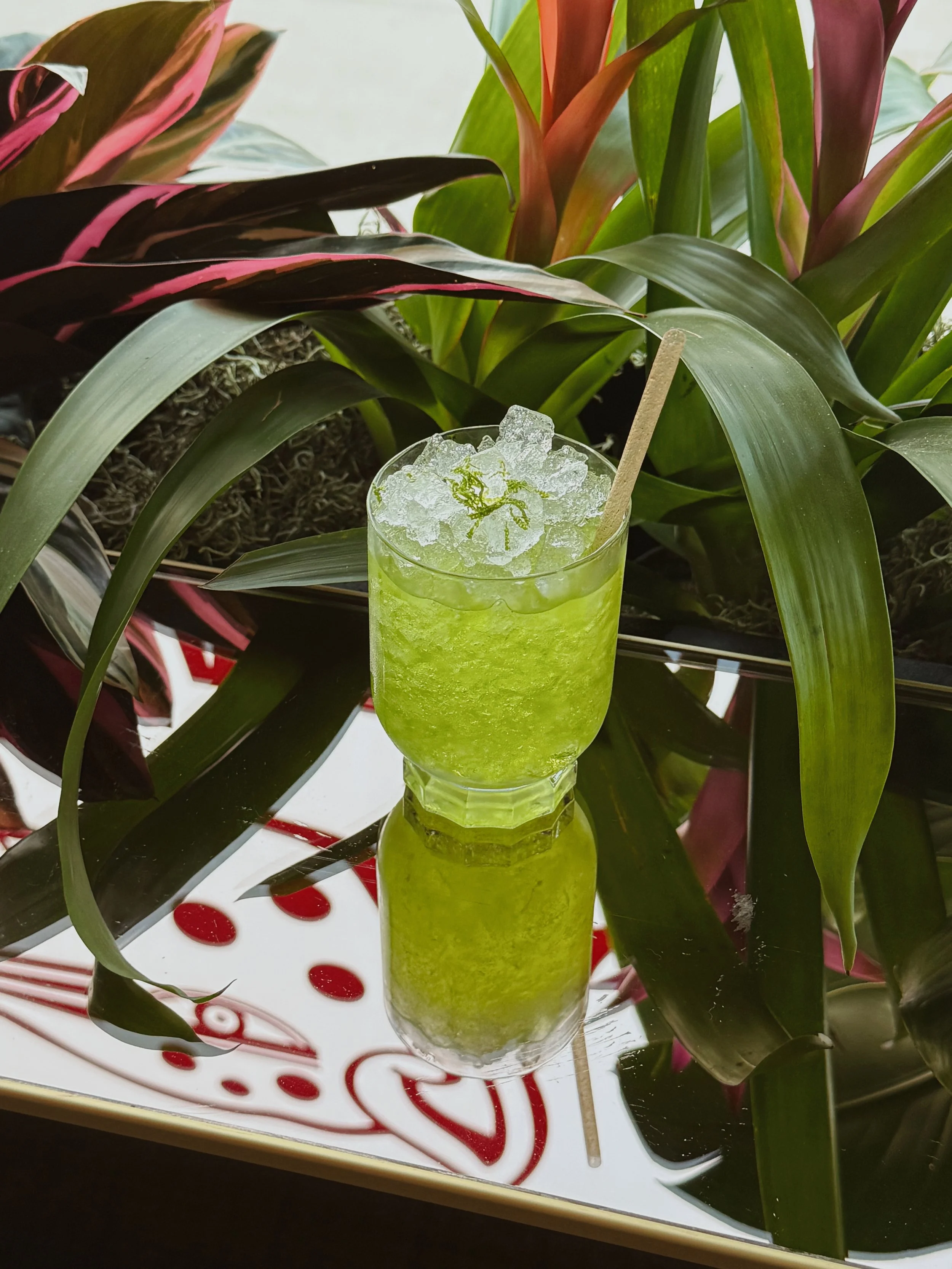New Roots for Refugees: Organic Farming for All
New Roots for Refugees is a nine-acre training farm in Kansas City, Kansas. Food Editor Grace Pritchett visits the farm to learn about the nonprofit program and its mission.
All photos by Grace Pritchett.
When you visit Cultivate KC’s farm in Westport, you learn that food can be grown just about anywhere. When you visit Cultivate KC’s farm at Juniper Gardens, you learn that sentiment holds even more truth with the farmers of the New Roots for Refugees program. These farmers come from refugee communities with agricultural expertise from their home country. Through a four year program, they refine those skills to be best suitable for the Kansas City climate and an American business model. Supported by Cultivate Kansas City and the Catholic Charities of Northeast Kansas, this empowering program is carried out at a training farm just over the state line in Kansas City, Kansas.
Kale
Juniper Gardens Training Farm plots
Juniper Gardens Training Farm is located next to one of the oldest housing projects in the state. The nine-acre organic farm that New Roots operates on used to be a plot of apartment buildings much like the brick buildings that surround it now. The apartment buildings were torn down in the early 2000’s before Cultivate KC came to town and started the training farm in 2008. With Juniper Gardens in its 11th growing season, it’s hard to believe there were buildings where sunflowers (and the tallest kale I have ever seen) now stand.
The farmland is divided into sixteen equal plots that host a variety of produce with recognizable items, like beets, kale, and tomatoes, and produce rarely seen in the Midwest, like bottle gourds, chilis, and chin baung. You can thank the New Roots farmers for this diversity in organic crops. For ideas on how to utilize these produce, you can check out their recipe page for all the seasonal options.
Burmese chin baung, translates to sour leaf
Each farmer in the program is given ¼ acre of land to grow on in any way they want. Meredith Walrufen, the New Roots for Refugees Program Manager, takes me on a tour of the farm, pointing out some of the lesser known produce, “You'll notice that all the plots look different because we don't require everyone to grow the same thing. Many of our farmers will grow crops that they can instantly sell in their own community that Americans may not know about or eat very much of.” One of which is the Burmese chin baung (translates to sour leaf), which has a tart, green apple-like taste and is frequently used in curries and stews. Chin baung is barely used in American cuisine but Walrufen told me she’s seen people buying trash bags full of it at the markets.
This array of cultures featured in New Roots, with farmers from Somalia, Burma, Burundi, Bhutan, Sudan, and the Democratic Republic of Congo, has strengthened the program in its goals and growing practices every year since they started. Walrufen and I talked about the disconnect for Americans and organic produce. The average person is far removed from their food system with the grocery store being the closest some will get to organic food. That hasn’t been the case with New Roots farmers, Walrufen tells me. “We meet a lot of people who are coming from agriculturally-focused economies or small villages where agriculture is a central part of their lives. Even people who come here with little experience still have more experience than your average Kansas Citian.”
Shade structure for bottle gourds to grow on, constructed by New Roots fourth year farmer, Maria
Bottle gourds, also known as calabash
The farmers’ expertise is built on as they are assisted in crop planning, farm troubleshooting, business finance record keeping, tracking, applying for markets, recruiting customers, and much more. Every year the program is designed to pass on more of the responsibilities of the business to each farmer in the program. In terms of growing, the most help the farmers need is getting used to the Kansas City climate. “The people we're working with come from much different climates so we spend a lot of time teaching them about growing seasons, how to time things in planting, etc. Every farmer is allowed to experiment but we want them to experiment with as much information as possible.”
Using a self-sufficiency model, the New Roots program helps refugee farmers become more comfortable and more confident as business owners. New Roots for Refugees is designed to remove the initial barriers to starting a business – financial restraints, literacy, language proficiency, networking, etc. In any sort of community, it can be daunting to start a business but New Roots ensures the farmers feel welcome in their community.
Juniper Gardens greenhouse that all farmers have access to for more climate-sensitive crops
Chili peppers left out to dry in the greenhouse
Over the past 11 years, New Roots has worked to remove barriers in multiple meanings, whether personal or professional. Walrufen notes that this aspect is one of her favorite parts of the program, “We give people the opportunity to grow food that is important to them. I think about any time I've ever celebrated with my friends or family, we're always around the table or always around a meal. I think that's very true of a lot of cultures around the world. Food is a very unifying thing in our lives and it breaks down a lot of barriers.” Always seeking to break down these barriers, New Roots for Refugees holds events for the public to meet their farmers, and vice versa. They recently hosted a community potluck to celebrate the harvest.
Juniper Gardens offers visits the farm to see where their organic produce is grown, be sure to give them a heads up first. You can support the farmers through a variety of channels across the Kansas City metro. Check out their page for a list of farmers markets they participate in multiple days a week. If you want something a little more personal, you can sign up for their CSA program, which directly supports the farmers and gives you a weekly share of fresh vegetables. Major win-win.















